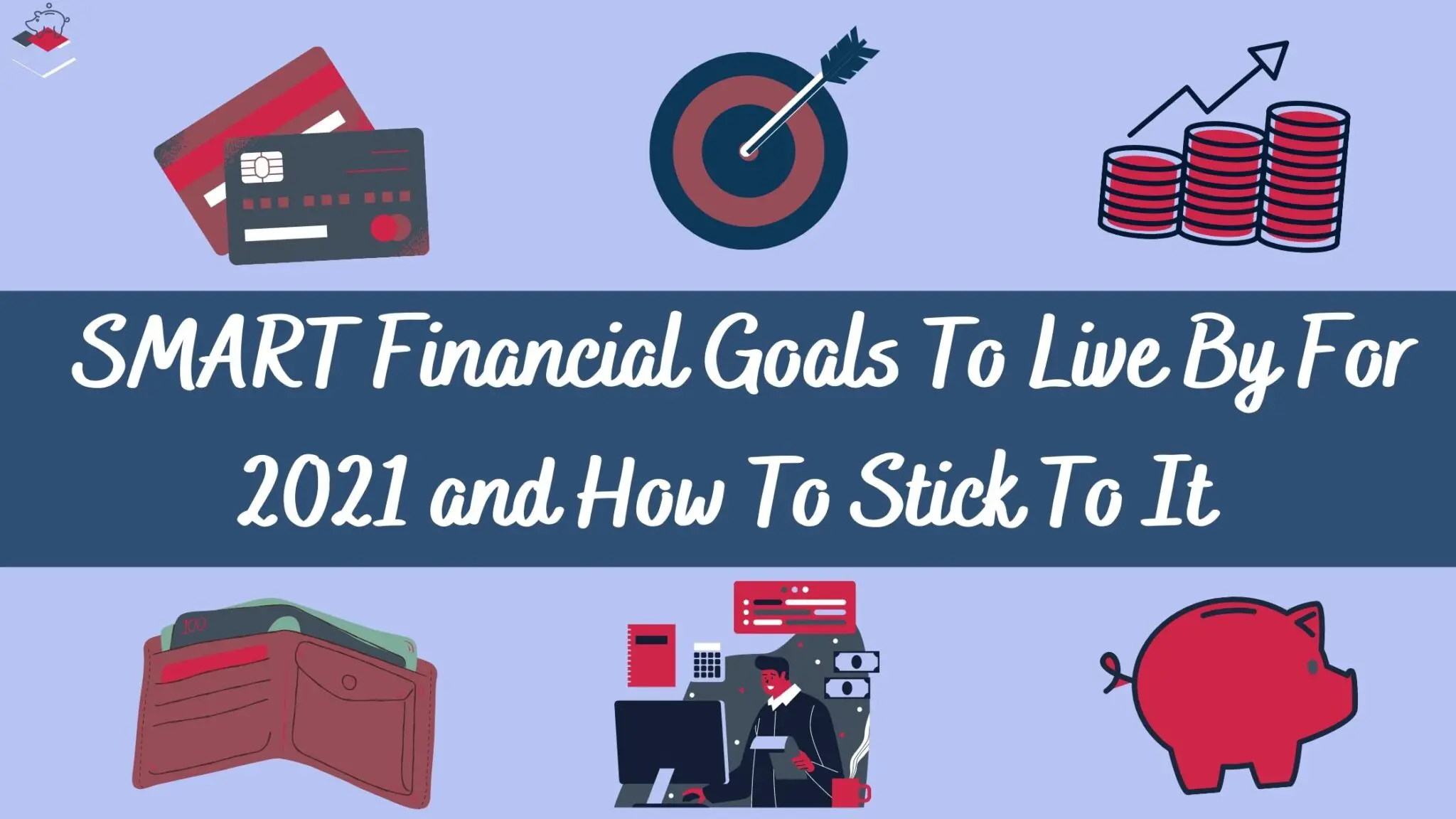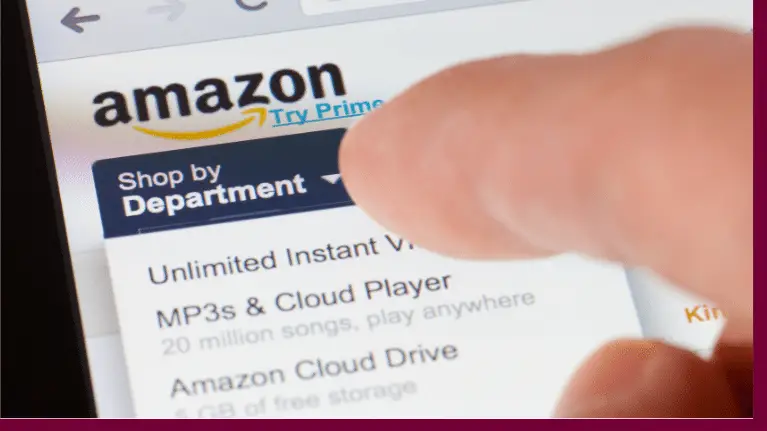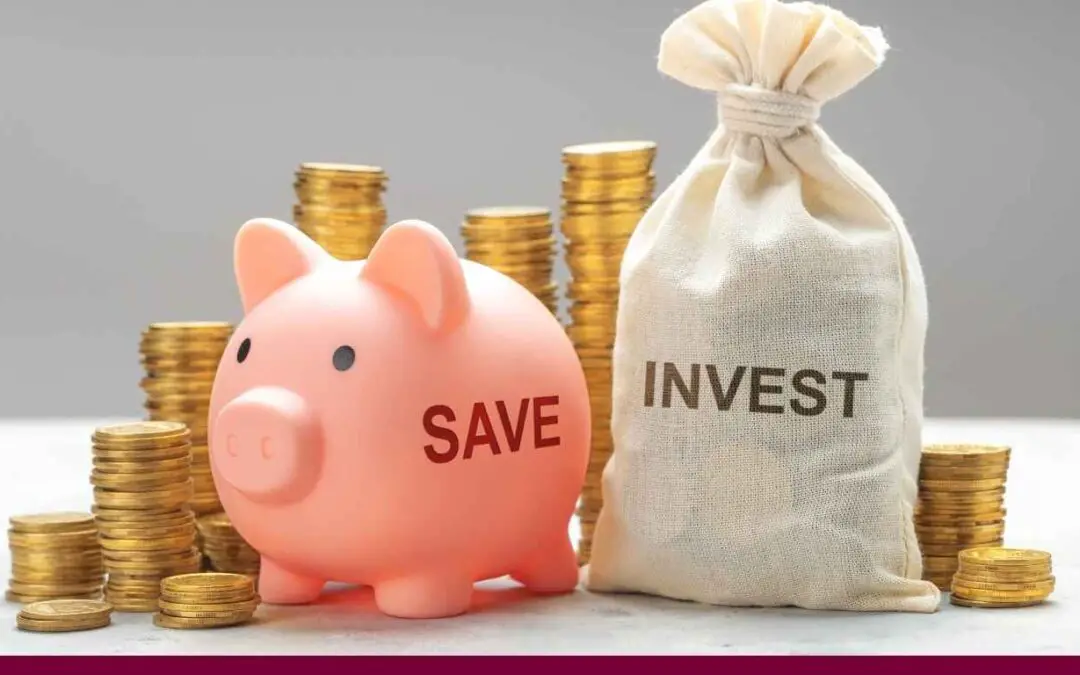What financial goals will you achieve this year?
2020 has been a tough year and we all want to just put it behind us and hope for a better 2021. Whether it feels like it or not, we’ve made one complete move around the sun and 2020 is finally over.
And so, it’s that time of the year to take a look back, reflect, and start on a clean slate in the new year, including in our finances.
As we say goodbye to 2020 and look forward to new beginnings in 2021, some of us may resolve to make better personal finance decisions in the future.
Therefore, here at The Finance Boost, we will share concrete financial goals you can set and show you how to stay consistent to achieve them.
Of course, we always want you, our dear readers, to always stay on top of your financial game.
Whether you’re a fan or not of “new year resolutions” and “new year, new goals” stuff, this article will change the way you think about managing your finances.
We don’t want you to stumble on another article that repeats the same thing in different ways, instead, we’re here to help you, guide you, and share with you our financial journies as well.
No more extras, let’s get this started!
What are Financial Goals?

Like any other GOALS you have in mind, Financial Goals are similar. A financial goal is more targeted and geared towards one’s finances—any savings, spendings, earnings, and investing plan or outcome a person wants to achieve.
6 Financial Goal Examples to Set for 2021
1. Build an Emergency Fund
Most financial advisors emphasize that this should be a top priority if you don’t already have a stash for emergency expenses.
A three to six months’ worth of your living expenses is recommended. An emergency fund will come to your rescue in the event of any unforeseen circumstances.
Recommended for you: How to Save More Money Every Month – 9 Simple Steps to Start Saving
2. Pay Down Debt
If you want to be financially free and start living your life with peace of mind, start paying off your debts this new year. This is another excellent financial goals examples to venture today.
Related read: 12 Smart Ways to Pay Off Debt Fast and be Debt Free
3. Save Towards Retirement
Another financial goals examples are to save towards retirement.
The best time to start saving for retirement is now. If you have a 401(k) plan offered by your employer, go ahead contribute the full amount they will match.
You can also open a traditional IRA or Roth IRA and make contributions to it. No amount is too small to contribute. What matters is that you start early.
If you set aside cash each month to grow your retirement portfolio, your future self will thank you later. Besides, who doesn’t want to reach their long-term peaceful dream of retiring early?
Recommended for you: Questions about saving money? Here are all the answers you need
4. Save up Fun Money
Do you work to live or live to work? We all want to enjoy our money without having it all go towards bills and mere living essentials.
Another financial goals examples are to save money for something fun you want to indulge in this year.
Whether it’s for a vacation, or a pool table, setting a saving goal for fun helps you plan as well as remove the guilt of randomly splurging on a purchase.
Related reads: How to Save $1000 Fast and 32 Realistic Ways to Save Money Very Easily.
5. Save Money for College Education
According to a Georgetown study, 35 percent of job openings in 2020 required at least a bachelor’s degree, while 30 percent of the job openings required some college or an associate’s degree.
So, if you’re looking to learn or improve a skill, one financial goals examples to consider is investing in your college education fund in 2021
Remember, in some cases, the higher your degree, the higher your skillset too, which will be an advantage for you.
6. Save for a House Down-payment
In most instances, the greater the downpayment, the more freedom and flexibility you get for the loan’s life.
Although it’s not required, a 20% down payment is the standard for getting a suitable mortgage and avoiding mortgage insurance fees.
Saving 20% of your house loan is more practical so if you’re planning to buy a house soon, have this goal on your list
Recommended for you: How to Start Saving for a House Hassle-Free
Goals, in general, have many interpreted meanings depending on how it is used in a context.
For many, it is a driving force that motivates them to do well and excel in life. While for some, it is the end game. I think goals are what fulfill a person and give one a sense of purpose and direction.
Why are Financial Goals important?

Financial goals will let you control your money and give you a sense of direction about why and where you are putting your money.
Indeed, we don’t work and earn money to keep it in a bank account for a very long time and splurge in unplanned purchases.
Financial goals answer the following questions:
- What do you want out of your money?
- How long will it take to achieve it?
- What actionable steps are you going to take to achieve it?
How to Set Financial Goals?

Now that you have ideas of financial goals examples, it’s time to execute the planning process.
In setting up goals, you probably heard about doing it the SMART way. Well, we suggest the same but in simpler ways.
When setting up goals for yourself, it’s important that you lay them out plain and simple. In other words, your goal should be SMART (Specific, Measurable, Attainable, Realistic, Timebound.)
For example, it is not enough to say, “I’ll try to save some money this year.” You want to say:
| Specific | “I want to have $1,000 saved towards my emergency fund by the end of the year.” |
| Measurable | “I plan on saving $40 from every paycheck.” |
| Attainable | “I can start by making automatic deposits into a savings account, so it doesn’t show up in my checking account.” |
| Realistic | “I will find things in my budget to reduce or cut out to make this goal happen.” |
| Time-bound | “I will evaluate my progress at the end of each month to determine if I have to adjust my strategy.” |
See what we have there? The key is to digest your goal into bite-size chunks of actionable steps alongside proper mindset and motivation.
To help you better understand, let me elaborate on SMART Financial Goals further.
Specific
It means you have to define the goal as much as possible without any vague words or concepts. You can use the classic WH-Questions; Who, What, Where, When, Why, Which.
Ask yourself.
- WHO is involved?
- WHAT do I want to accomplish?
- WHERE will it be done?
- WHY am I doing this (reasons, purpose)
- WHICH constraints/requirements do I have?
Measurable
It answers the question ‘can you track the progress and measure the outcome’? Because a goal should have an extent and is something countable. How much, how many, how will I know when my goal is accomplished?
Attainable
Also referred to as Achievable. A goal should not be out of reach or below standard performance. Ensure that your goal is reasonable enough to be accomplished and add the question, ‘how to’? If you don’t know or are unsure whether your goal is realistic, maybe you’re just wishful thinking.
Realistic
Can also mean Relevant or Worthwhile. Is your financial goal worthwhile, and will it meet your needs? Does each goal align with other goals you have established and fit within your immediate and long-term plans?
Timely
Time-frame or Time-bound, whatever you want to call it. It answers the question WHEN. Remember, your goal or objective should have a time limit. Doing so will establish a sense of urgency and prompt you to have better time management.
So, remember to keep your financial goals for the new year SMART!
Categories of Goals

The best way to reach your financial goals is to make a solid plan that you can prioritize.
When examining your goals, you may discover that some are broad and far-reaching, while others are narrow in scope.
Therefore, your goals can be separated into three categories of time. In this way, you’ll be more organized in establishing them.
- Short-term financial goals– These goals typically take 12-24 months to achieve. Others are achievable in less than or under one year to complete. For instance, these are taking a vacation, buying home furniture, or paying off a specific debt.
- Mid-term financial goals– These are goals that are between 2-5 years before completion. Moreover, these can’t be achieved right away but shouldn’t take too many years to accomplish. Examples are purchasing a car or finishing a degree or certification.
- Long-term financial goals– Goals that will take over five years or more to reach. Thus, it requires more commitment and money or resources. Typical examples are buying a house, saving for retirement, and starting saving for a child’s college education.
Overall, the goal-setting process involves deciding what goals you intend to reach, estimating the amount of money needed and other resources required, and planning how long you expect to take to reach each of your goals.
How to stick with your Financial Goals?

If you’re like me, well, honestly, I, too, had problems getting consistent with my goals, and as days go by, I eventually ditch them and just wing it.
Many times it frustrates me, but we’re not perfect. There will be times when you’ll doubt yourself and question your goals and desires.
But, no matter what, know that you deserve what you desire. Therefore, let me show you better ways to stick with your goals and achieve them this 2021 instead of falling off and giving up altogether.
First, let’s understand why we fail or tend to give up easily. Here are just some reasons:
- Setting Unrealistic Resolutions
- Becoming Overwhelmed
- Failing to set up a system for success (habits)
- Getting busy and allowing other things to take over as a priority
Knowing this, let us position ourselves properly to stick to our new year’s resolutions and goals.
Build Trust with Yourself
You have to understand that you are only as good as your word to yourself. Do you keep the promises you make to yourself?
If you say you’re going to save $40 every paycheck, will you do that? If you’re the type to make a promise or commitment to yourself and easily break that promise, then you’ve probably lost trust in yourself.
Without this trust in yourself, you lose confidence in your promises.
No matter how many times you say you’ll do something, YOU, yourself, are not even sure if you will do it. You can’t trust yourself. You have internal trust issues, and that is where you might have a problem.
In order to build that trust, you have to begin keeping your promises to yourself. Follow through on the things you say you will do. And the best way to do that is to start small. Only make promises you know 100% you can keep.
Prioritize and Focus
The problem with many goals is that we like to set too many of them and then try to attack them all at once right from the first month of the new year. We expect that it’s possible to adopt ten new habits right off the bat.
If you want to stick with your goals, especially the financial goals you have in mind, write them down, prioritize the most crucial goal or resolution, and focus on that first.
Further, work on it one at a time. Do not overload yourself with too many vague goals because you will only get overwhelmed if you do and eventually give up.
Start small, focus on a critical goal at a time, and go slowly but surely.
Be Specific and Break it Down
Apply the SMART strategy, my friend. Also, to get help to stay focused on your financial goals, subscribe to the TheFinanceBoost website at the bottom of this post to get up-to-date financial tips and tricks that will help you save and live a better life.
Besides, you can post sticky notes in your sight at every corner of your home to always be reminded of what specific goal you will tackle for the day or week.
Keep Going
To be successful in sticking with your goals this year, you must be resilient and keep trying. Try to keep picking yourself back up after you fall. Stand up and keep going!
Take a Small Step Today
Once you’ve set your intentions and planned your goals the SMART way, it’s time to take actionable steps today.
If you’re a procrastinator and think more than you do, take even a small action today because any action is better than no action. In doing so, you will gain momentum and motivate yourself to keep going.
Say your goal next year is to pay off your debt. You can start saving a little and pay off your lowest amount of debt first. As such, you will feel motivated because you’re fulfilling small actions and feel rewarded.
Final Thoughts
With the new year here, it’s never too late to start over and do it right this time. Setting up goals and new year resolutions should not be a dreadful activity for you.
Try to make it fun and enjoy the process and the journey more than the destination or end goal. Along the way, you’ll learn valuable lessons as you try to reach each one of your goals.
Remember the importance of having a realistic goal because having a goal without a plan is just a wish.
To share with you, my personal goal this 2021 is to build up and add more to my emergency fund while starting to save for my dream goal, which is a comfortable home.
I know it may be a long journey there, but I believe I will make it because I’ve set my goals the SMART way. No matter how hard or how bad it gets, I will stay focused to ensure I achieve my goals.
And so, the same goes for you. I believe you can achieve whatever it is your heart and mind desire. Plan your goals well and be SMART.
Share with us your financial goals examples that you are aiming for this upcoming year and what actionable steps you will take to make it a reality and not a faded memory?










0 Comments